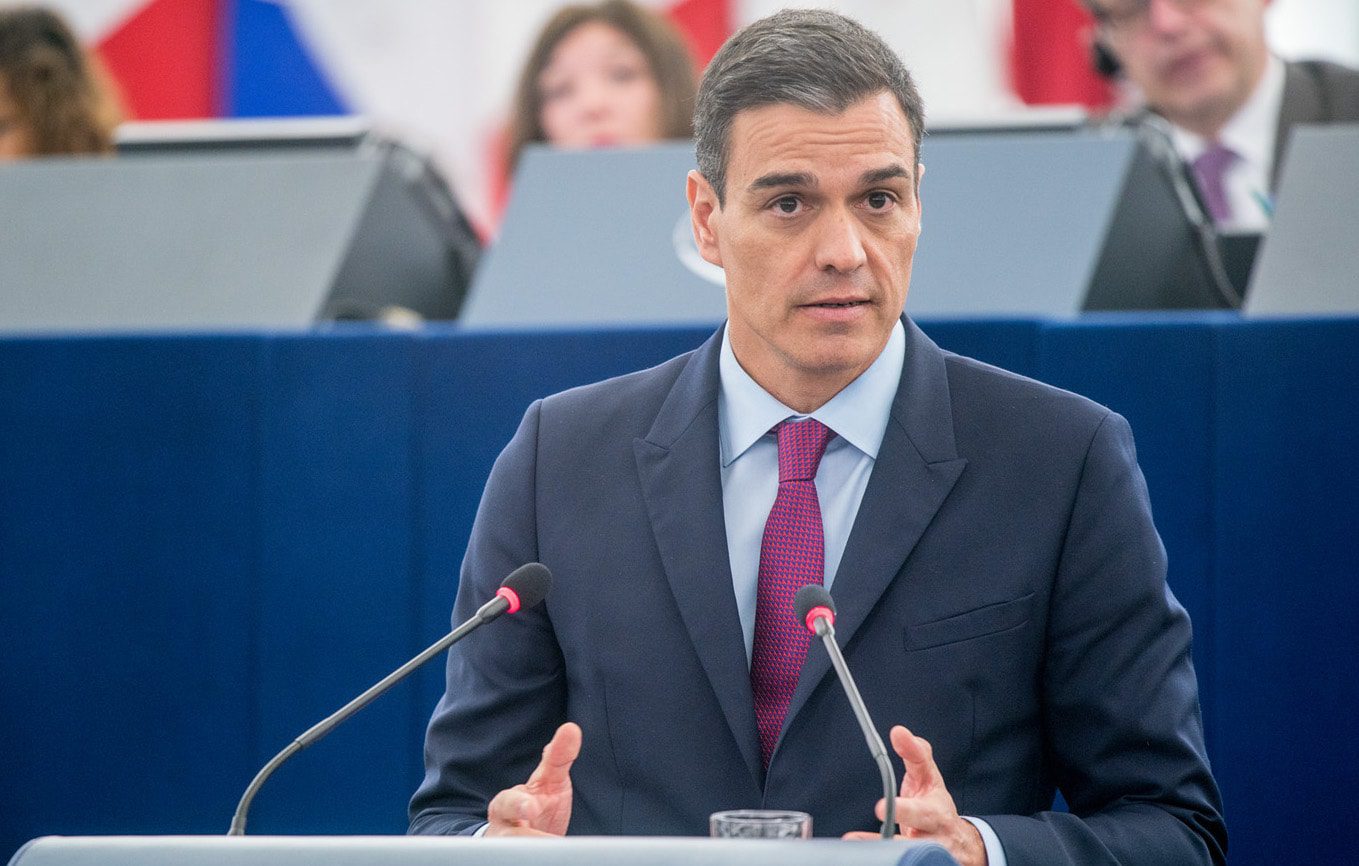
The Spanish government recently approved a Royal Decree (217/2022, on the 29th of March) defining the national curriculum for students between the ages of 12 and 16.
The reform, which has been criticized for its ideological bias, requires teachers to emphasize “gender” perspectives and “sexual diversity” (art. 7.k). In addition, a host of subjects such as English language, music, physics, and mathematics are to feature references to gender roles, social justice, inclusivity, and the “affective-sexual” dimension (art. 6.5). Philosophy will be absorbed into the “Civic and Ethical Values” subject, bespeaking a suppression of genuine philosophical inquiry, restricted to modern political categories. History, for its part, is to be overwhelmingly contemporary, with little reference to the country’s medieval and classical past. The curriculum is also to promote the “values of Europeanism,” and “social, ethnocultural and gender diversity,” including “migration, multiculturalism and mixing in open societies.”
The Royal Decree’s Annex II states that one of the purposes of the reform is to allow students to “develop a rejection towards discriminatory attitudes based on gender and sexual identity.” Section G of the “Basic Knowledge” portion of this Annex develops this further, referring to the “importance of respect for liberty and sexual diversity…” as well as of “affective-sexual education from the perspective of equality between people and respect for sexual diversity.” It also mentions the importance of “assertiveness and self-care” and of contraceptive use.
All of this accompanies a general slackening of standards, which is fitting, given that the ideologically-driven deconstruction of traditional categories and standards is facilitated if the young are brought up to be unaccustomed with precise thinking and rigor.
